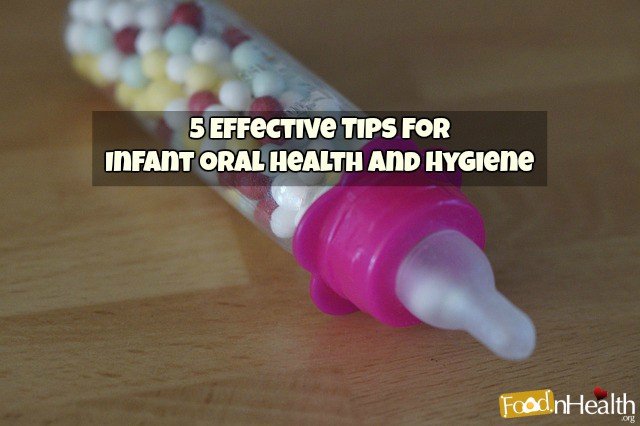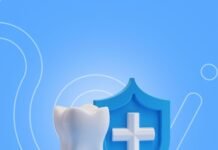They say that the significant part of success in our life comes from the good habits we learn as children. Good habits are very substantial in growing stages. No matter what we choose to do in life, our good practices will guide us right.
Most of the successful people had attributed their success to the good habits cultivated in them when they were young. This growing awareness has made it a vital part of parenting.
When it comes to our children, we always want the best. We try to be the best parents for them. We help them overcome their fears and guide them in the right direction. We teach them valuable lessons in life that will help them achieve success. But the best thing you can instill in your children is healthy habits.
Teaching the significance of health and hygiene to our children is essential. Did you know that children under five years of age are more receptive to learning than their older counterparts? That is why you must begin inculcating good habits in your child at an early age.
So at what age should you begin instilling good habits in your child? While most parents ponder over this question, experts suggest the earlier, the better. You may start with the most fundamental but necessary healthy habit in children- oral health.
Often parents tend to neglect oral health and hygiene in their children until they are 3 or 4 years. Nevertheless, experts advise that oral health should begin at infancy itself.
Infants do not develop teeth until they turn two. Still, their mouths are susceptible to fungal infections or thrush.
Here are a few tips you can follow to maintain good oral health and hygiene for your infant.
1) Clean your baby’s mouth after every feed
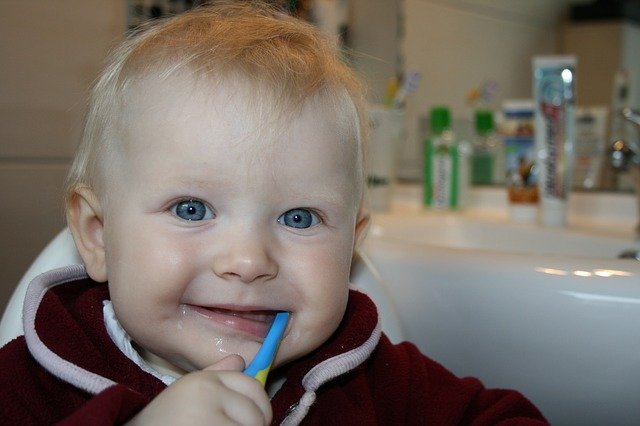
- Clean your baby’s mouth
Did you know that teeth in babies begin to develop in the second trimester itself? They may not be visible yet, but they are fully formed in the jaws. The first teeth, however, begin to appear after a year or so. Even before this, you can take precautions to keep your baby’s mouth clean, preferably after every feed. Milk is the primary diet for infants under six months of age. It contains enzymes and acids that may cause the formation of the plague. Hence, you should clean your infant’s mouth with a soft gauge and water. Just wrap a fresh piece of gauze around your finger and gently rinse your baby’s mouth with it. It will ensure that there is no sticky residue for the bacteria to breed.
2) Avoid putting your baby to sleep with a bottle

Cleaning your baby’s mouth after every feed may not be enough to avoid decay. You should also protect them from a condition called ” Bottle mouth.” This phenomenon occurs when your baby’s gums stay in contact with sugar for a long time. If you are in the habit of putting your baby to sleep with a bottle of milk or juice, this will undoubtedly harm your infant’s oral health. The sugar in the milk will destroy the protective layer on the teeth and cause decay. If your baby needs a bottle to suck on while sleeping, make sure it is only water.
3) Restrict the use of feeding bottles
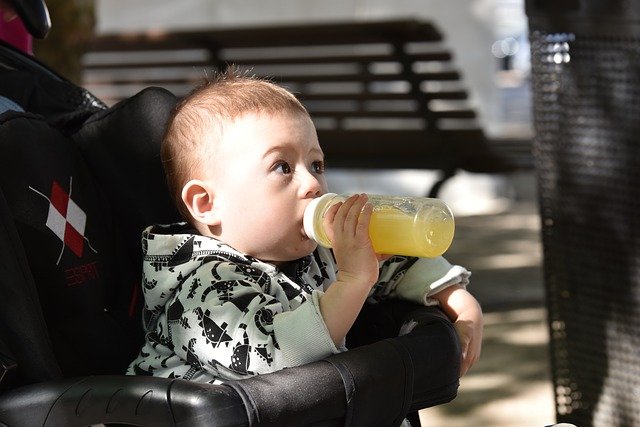
You should curb the use of feeding bottles and keep them only for feeding. If your infant is in the habit of sucking on feeding bottles for a long time, this may be bad for their oral health. Continuously sucking on feeding bottles erodes the enamel, leading to tooth decay. Moreover, it is also responsible for changing the shape of the gums and may give rise to crooked teeth.
4) Avoid feeding sugary drinks or food to your infant
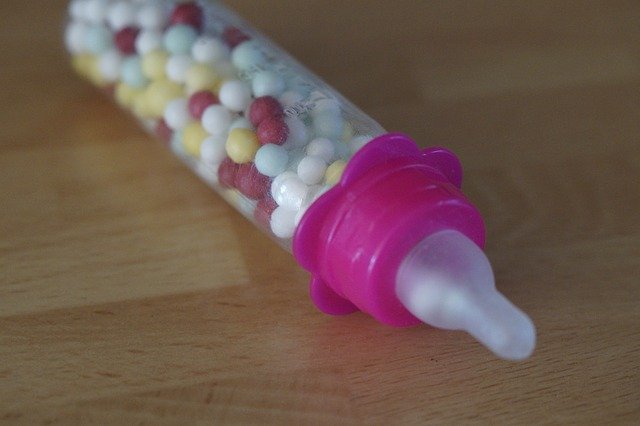
If your infant is still on liquids, you may want to introduce various juices to bring a variety to their palette. However, adding fruit juices can be quite disastrous for their oral health, especially if your child is taking them through a feeding bottle. They can also cause a specific sugar addiction in infants. The American Academy of Pediatrics (AAP) suggests that fruit juices are the significant cause of tooth decay in infants and should be entirely avoided. If you like your infant to have a varied diet, vegetable juices may serve to be a healthier option because of their less sugar content.
5) Correct use of bottle teats and pacifiers
Bottle nipples and pacifiers come in close contact with your baby’s teeth. Even if you are limiting the use of bottles, you also need to ensure that they are thoroughly cleansed. Bottle teats and pacifiers can be a breeding ground for germs that can wreak havoc to your infant’s oral health. Also, it may be sensible to wean them off pacifiers once they are two years or older. Prolonged use of pacifiers is also one of the significant contributors to tooth decay in infants. Once the decay has eroded the teeth, the only approach will be to extract the teeth. But, this process is now more relaxed with the latest IV sedation dentistry.
Tips to maintain good oral health in older infants
Once your baby is a bit older, you may notice several teeth erupting. It may be the right time to introduce them to good oral health practices.
Here are a few tips to ensure proper oral health in infants above one year:
1) Once you notice a set of erupting teeth in your infant’s mouth, you may introduce them to a fluoridated toothpaste. You can use a silicone brush with soft bristles to clean their teeth. Flossing is only required once the teeth start touching each other.
2) Gently massaging their gums will help soothe and stimulate the eruption of the teeth.
3) You can use a soft brush to clean your infant’s tongue as well.
4) Regular visits to the dentist will ensure that your infant’s teeth are growing healthy.
5) Once your infant turns into a toddler of two years or above, teach them to properly rinse their mouth after every meal to avoid tooth decay.
Conclusion
Many parents do not give importance to oral hygiene in their infants, thinking that their milk teeth will eventually fall. While this is true, you need to teach good oral habits in your child at an early age. These are the habits that they will ultimately carry into their adulthood as well. Also, you need to set a good example for your child by following good oral hygiene yourself. If they see you caring for your teeth, they will eventually follow suit.















